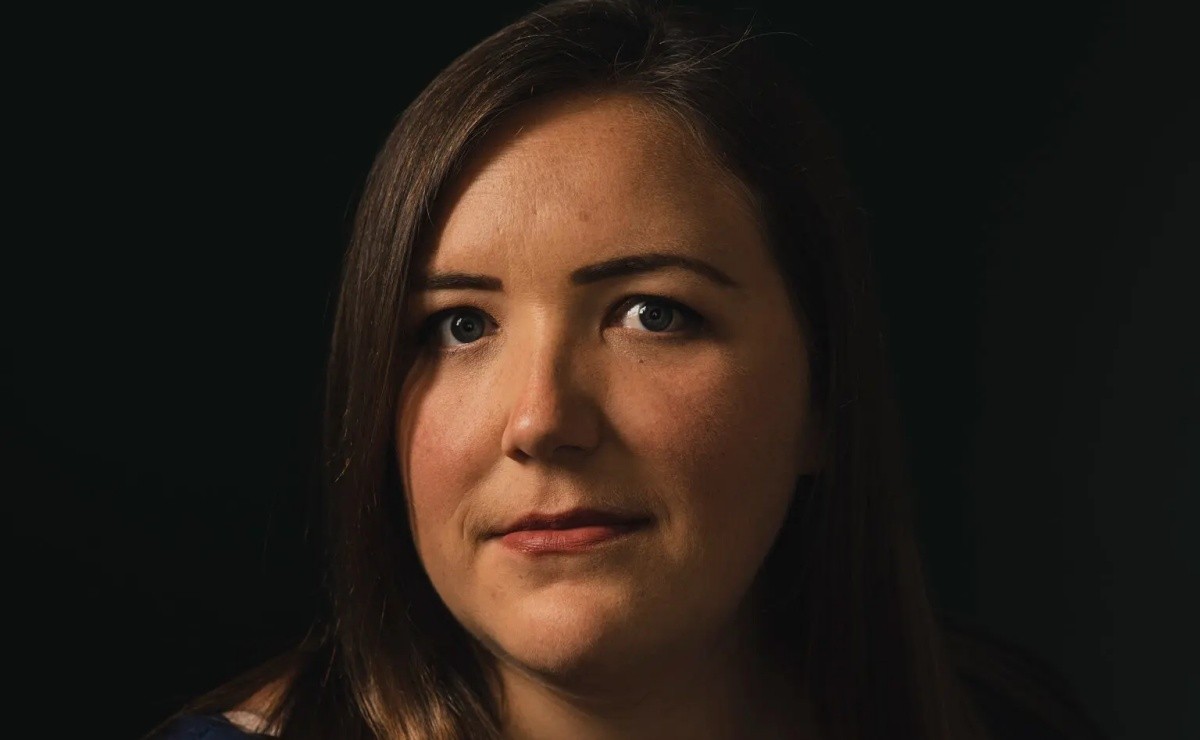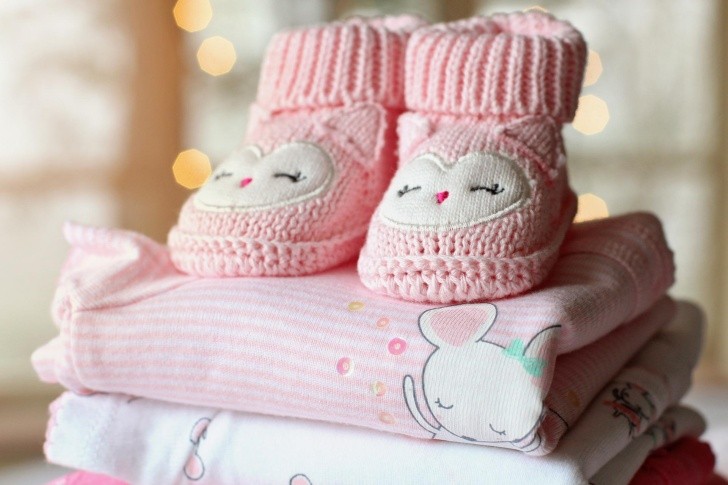
I was one of many women who had a pandemic baby. Few people saw me pregnant, and even fewer met my second child, nor will they ever
I was one of many women who had a pandemic baby . Few people saw me pregnant, and even fewer met my second child, nor will they ever. In September 2021, barely 3 months old, my son died. He was one of the brightest-eyed and happiest babies I have ever met, and he spent every day of his short life being loved and adored.
The day it happened, I shared the news of his loss in a short message on Twitter. The impulse to tell was a form of protection. Since I am very active on Twitter, I wanted to avoid the inevitable question from friends and acquaintances: how is your baby?
In less than a day, someone unknown had gone through my old tweets and found confirmation that I had been vaccinated against COVID-19 during my pregnancy. That person composed an image with my tweets, side by side: one from July, in which I expressed my relief that I got vaccinated while I was pregnant, and another from September, the message about my loss.
Someone unknown had written “Safe… and effective” next to the screenshots, implying that getting vaccinated during pregnancy had caused my son’s death. The insinuation embodied in that image, which lives in various corners of the internet, is a lie: the autopsy showed that there was no relationship between the death of our son and the vaccine.

Losing a child is one of the biggest fears that parents have; seems elusive, until you see yourself in that terrifying statistical minority. However, at first, many people responded to the false framing of our story, not with words of comfort, but with questions about what I had done to cause such a terrible tragedy.
I did not expect that my moment of mourning and my deepest sorrow would be used as a weapon against pregnant women and the vaccines that could protect them from the worst consequences of COVID-19. I felt that contrast of the two images as a violation of the space that my husband and I needed for our mourning. Mixed in with the condolence emails were some with subject lines like, "Did you know you’re on Reddit?" That misappropriation of our loss made me furious. Realizing that people can still see bits of my story and having that influence their decisions about their health hurts, as a mother and as a public health professional. There is a human cost in misinformation.
I have dedicated my professional career to creating responsible visualizations of public health data. I have written and spoken about how crucial it is to present clear and understandable facts about COVID-19, especially considering how easy it is to be swayed by personal experiences or anecdotes online. This is why seeing our loss so blatantly misrepresented, and so widely publicized, to further someone else’s agenda has been so heartbreaking.
I felt frustrated because there didn’t seem to be much I could do to stop the spread of lies. I also felt deep sadness for pregnant women who may have seen this misleading version of our son’s death and become fearful or hesitant about vaccination at a time when they were more likely to contract COVID-19.
In the fall of last year, population data from V-safe—a health status checker from the US Centers for Disease Control and Prevention—and other studies overwhelmingly showed the benefits of getting vaccinated during pregnancy. Other more recent data has revealed that having COVID-19 during pregnancy increases the risk of preterm labor or stillbirth; more studies indicate that vaccination does not increase the risk of negative consequences for the mother or the baby. Although vaccination is safe for pregnant women, their vaccination rate was lower at the beginning of the pandemic compared to the rest of the population.
There is an entire digital economy dedicated to the spread of false but convincing information. The stories go deeper than the graphics. Social networks allow its rapid amplification and dissemination, while there are websites that keep stories and anecdotes on specific pages. In the weeks after my son died, some people politely monitored my social media accounts to reduce my exposure to hate and bullying. They reported and documented those comments that deserved it, while others tried to slow down the spread of the lie and reported accounts for harassment. One website owner we contacted with a request to remove a blog post replied that they would never comply. He told us that most laymen "don’t understand the work that goes into content creation." People were making money off that image, through clicks and shares, while we had limited resources.
Staying away from social media was the right decision at the time, but it also meant letting go of messages of support, affection, sympathy, and empathy, particularly from other parents who had lost an infant.
Months after that ordeal, I reviewed more than 400 screenshots. While many of the comments called me a “murderer” or “the dumbest mom ever,” others had questions about the details of our loss, or claimed that this story validated their skepticism about the vaccine.
This blaming to explain a loss seems to have become more common in the last two years. In a report for The Atlantic published in April, Ed Yong wrote about the many Americans who are grieving the loved ones they have lost to COVID-19. He noted one particular constant: Often when bereaved people talked to others about their loss, they were asked questions like: Were they vaccinated? Did they have any previous illness?
In times so full of unknowns, people seek explanations for why terrible things happen, and reassure themselves that other people’s tragedy could not happen to them. However, to do so with such callous disregard for the truth, as has been done to my family, is an unacceptable new norm, reinforced when people demand and share information without applying critical thinking. If someone already had doubts about the safety of a medical intervention, such as a vaccine, hearing about a woman who was vaccinated during her pregnancy and then lost her baby can create a vicious cycle of unsubstantiated confirmation bias.
I need to believe that the world is not full of people who are willing to cause more pain to parents who have lost their baby, despite the signs I have seen to the contrary. Perhaps people wanted to console themselves by directing the blame at me, as if there weren’t unexpected losses every day. Perhaps those people were unsettled by the uncertainty surrounding changes in recommendations during the pandemic, and so looked for an easy villain, like vaccines or big pharmaceutical companies. Perhaps they thought that they were serving as a mouthpiece for a story that had not been told and that people needed to hear, regardless of whether the affected person had something to say in it, or whether it was true.
The Internet and social networks are spaces where many of us have found a community and connections, both personally and professionally. Since I’m in the business of thinking deeply about how people consume information, my advice to anyone who wants to stop the spread of misinformation is to pause and assess before paying attention and sharing it. Ask yourself: who has made this content and why? Anecdotes contradicting hard data, especially on such fickle topics as vaccine safety, are often used to promote misinformation. It is even more important to read these stories with a critical eye.
In the context of world events, conscientious reading and retweeting can help slow the spread of misinformation. This could clear our social channels to make room for the truth, and spare a grieving family additional pain and suffering.
Remember: real people are at stake.